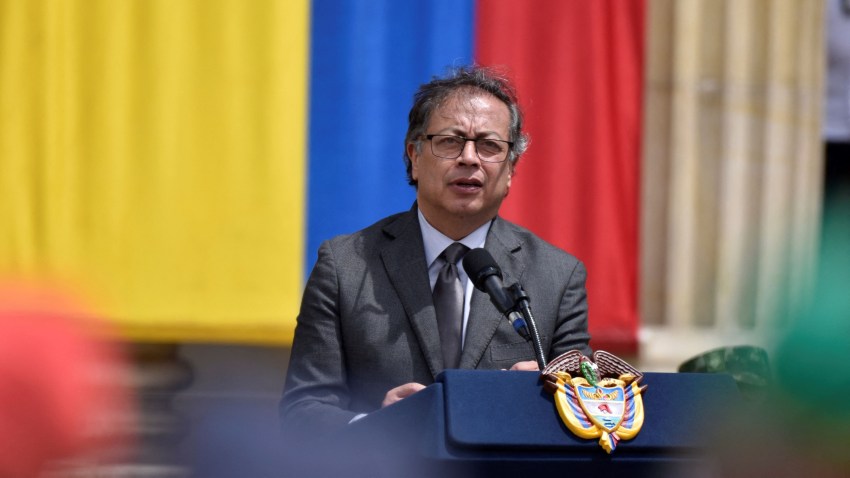Last week, Colombian President Gustavo Petro threatened to call for a constitutional convention. He also reopened peace talks with a notorious criminal organization and canceled a cease-fire with one of the dissident FARC factions in the country. Any one of those three stories would normally be earthshaking enough to create months’ worth of media coverage for a Colombian president. But a year and a half into Petro’s term in office, those sorts of big news announcements have become typical and almost uneventful.
Petro constantly discusses and debates big ideas and agenda items that ultimately veer off course and never seem to reach the implementation phase. He tweets more than he governs, angering his political opponents, disappointing supporters and leaving Colombia without the progress that its population desires. In other words, last week was fairly routine for Colombia’s first left-wing president.
Petro’s threat of a constitutional convention was his frustrated response to his health care reform being tabled by a Senate committee. Most of his other proposals—including pension and labor reforms—have faced similar challenges in Congress, which has consistently blocked his agenda. This led Petro to propose a constituyente, or constituent assembly, which usually refers to an effort to entirely rewrite the constitution, but which Petro quickly tried to redefine as a much more limited initiative.

